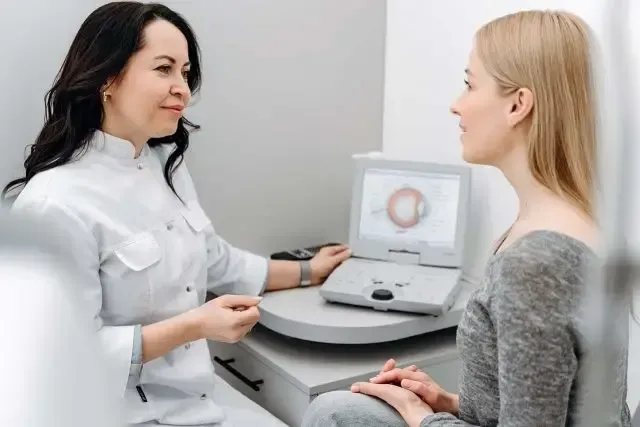How Safe Is It To Rinse Your Eyes With Tap Water?
Is it Okay to Rinse Your Eyes with Tap Water?
Our eyes are among our body's most essential and sensitive organs. They can be exposed to different irritants, such as dust, smoke, and allergens, which can cause discomfort, redness, and even infections. As a result, many people turn to rinsing their eyes but the question is: how safe is it to rinse your eyes with tap water?
The safety of rinsing your eyes with tap water mostly depends on whether or not you wear contact lenses.
Water from your sink may be fine for those who do not wear contact lenses. If you get a foreign object or irritating chemical in your eye, washing your eyes with fresh water can help remove the substance and reduce discomfort. Remember to tilt your head so that the affected eye is down to avoid accidentally flushing the object into the other eye.
On the other hand, rinsing the eyes with tap water is not recommended for contact lens wearers. Tap water often contains microorganisms, such as bacteria, viruses, and amoebae, that are usually harmless but can cause severe eye infections like acanthamoeba keratitis under certain circumstances. Contact lenses can trap these microorganisms against the eye's surface, increasing the risk of disease. If you're wearing contacts, you must avoid exposing your eyes to regular water, including while showering or swimming. If you need to rinse your eyes for any reason, it's recommended to use a sterile saline solution or contact lens solution specifically formulated for use on the eyes.
If your eyes are feeling dry, a lubricant like natural tears can help soothe dry eyes more effectively than water. Speak to your eye care professional for more information.
When to See an Eye Doctor
If you experience any of the following symptoms, you should see an eye doctor as soon as possible:
- Severe pain or discomfort in your eyes
- Dry eyes
- Blurred or decreased vision
- Redness, swelling, or discharge from your eyes
- Sensitivity to light
- A foreign object stuck in your eye that you can't remove
These symptoms may indicate an eye infection, condition, or injury that requires prompt treatment to prevent complications. If you experience any unusual symptoms or discomfort in your eyes, don't hesitate to consult an eye doctor for a proper diagnosis and treatment.
Call us at Front Street Eyecare in Secaucus at 201-348-0800 to schedule an appointment today.
Why Do Autoimmune Diseases Cause Dry Eyes?
Here are some common autoimmune diseases that raise the risk of developing DES:
- Sjogren's Syndrome: This multifaceted condition often coexists alongside other autoimmune diseases. While it can affect almost any part of the body, it's best known for targeting the tear and salivary glands, leading to a chronically dry mouth and eyes.
- Lupus: This systemic autoimmune disease affects different parts of the body, including the eyes, causing dry eye and other eye problems.
- Rheumatoid Arthritis: In addition to inflamed joints, rheumatoid arthritis can affect the eyes. In fact, the autoantibodies that target your joints can target the eye's glands and other structures.
- Thyroid Eye Disease: The immune system can cause inflammation in the tissues around the eyes and trigger dry eye syndrome.
- Type 1 Diabetes: High blood sugar can affect the eye's ability to produce tears and speed up tear evaporation. In addition, it can damage the eye's nerves, making it difficult for the eyes to know that they're dry and need to produce tears.
These are just a few examples of autoimmune diseases that can cause dry eye. It's important to see an eye doctor if you're experiencing symptoms of dry eye syndrome, and mention any autoimmune disease in your medical history.
How to Properly Rinse Your Eyes
In case of an emergency, such as a foreign object, chemical, irritant or burn in the eye, here's how to rinse your eyes:
- Wash your hands thoroughly with soap and water to avoid introducing germs into your eyes.
- Use sterile saline or contact lens solution, specifically formulated to be safe for use on the eyes, and flush your eyes with it.
- If you don't have saline or contact lens solution, you can use clean, lukewarm water. Avoid using very cold or hot, as it can be uncomfortable or even harmful to your eyes.
- Tilt your head back, open your eyes, and pour the solution or water into the inner corner of your eye, letting it flow across your eye and out of the outer corner. If the irritant is only in one eye, tilt your head with the affected eye down, to avoid flushing the object into the other eye.
- Repeat the process until your eye feels better, but avoid rubbing or touching your eyes with your hands or a cloth.


